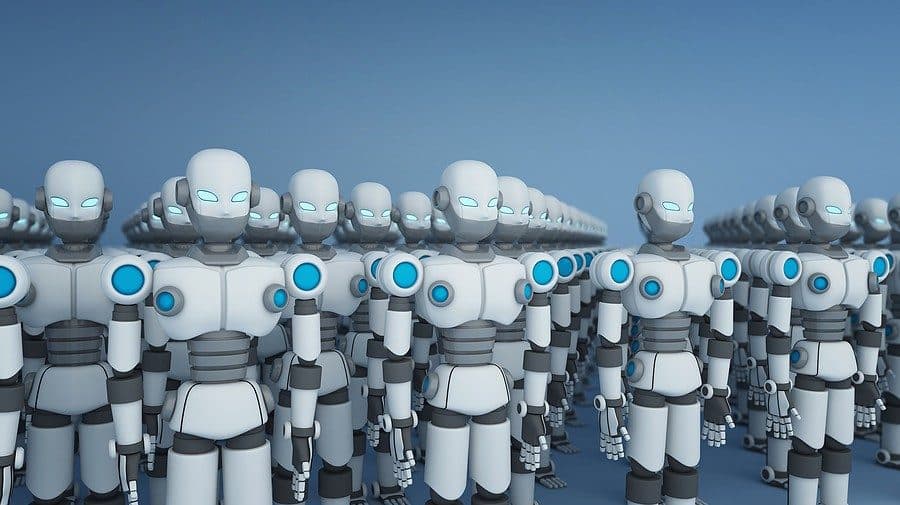“I plan on going old-school. No more LinkedIn. No more Indeed. Back to newspaper recruiting and posting in local groups. I need to limit the scammers and thousands of resumes and focus on the people directly in front of me, within my community.”
So says Rachel Bordenca, chief of staff for Quality Installations of NY, which specializes in commercial renovations and office-furniture services.
Bordenca is not alone in stepping away from the big recruiting platforms. Kerry Horton, who works in healthcare in Texas, is also looking closer to home and looking to leverage employee referrals and focus on certification programs and colleges.
“We spend so much money on recruiting and scheduling interviews for candidates to not show up,” Horton says. “Shifting to employee referrals will hopefully help us find better company-culture fits. Giving students their first role out of school or someone switching careers an opportunity is a personal passion.”
Meanwhile, Natasha Pudikova, an executive recruiter who works in digital marketing, says that she is “planning to reinforce our internship program (paid) to build an extremely good talent pipeline from all around the globe. I will stop using LinkedIn job advertising.”
In other words, three recruiters in very different industries are all stepping back from the big job boards in favor of more traditional recruiting methods. Why?
The answer may have something to do with the rise of artificial intelligence.
The Rise of AI in Recruiting
With LinkedIn and Indeed both “embracing” AI (Indeed CEO Chris Hyams’ choice of the word), as well as services that help applicants use AI to apply for thousands of jobs per day, it’s no wonder that some recruiters are overwhelmed with resumes of people who likely don’t want the offered jobs.
Increased applications are listed as a positive by Hyams, who says, “Our recommendation AI delivers each job seeker a personalized feed of the best matches. Job seekers love these jobs. In fact, they are 55% more likely to apply to an AI recommendation than a job they see in search results.”
However, while it is important to get applicants, recruiters need applicants who really want the jobs and aren’t just hitting “Easy Apply” because it’s, well, easy.
Even people who have made AI a core tenant of their business are cautious. Robyn Grable, CEO of Talents ASCEND, describes her business as one that uses “AI to support a skills-based hiring model inclusive of talent from the military, disability, and justice-involved communities.” Grable says that she is placing a bigger emphasis on the candidate side and focusing on skills-based hiring. While AI can flag people’s resumes who claim to have certain skills, she says, it requires testing or interviewing to examine whether those skills are accurate or exaggerated.
Meanwhile, Jo Weech, global head of people operations for exemplary consultants, is looking thoughtfully at where changes need to be made. “Some of the most important shifts in recruiting will start with the training of everyone in a company who will be part of the hiring process, including receptionists,” Weech says. “In order to make the hiring process inclusive for people who are neurodiverse and from historically marginalized communities, we need to re-evaluate arbitrary and sometimes artificial requirements such as a college degree for roles where on-the-job experience could be far more valuable.”
Indeed, several big-name companies, including IBM and Accenture, are reducing the number of jobs that require college degrees. Twelve states have joined the no-degree coalition, removing the requirements for most state jobs.
At this point, you might be thinking: What does skills-based hiring and the removal of degrees have to do with AI and the use of traditional recruiting platforms?
There is a disconnect between AI and people doing actual recruiting. If you ask ChatGPT to list the job requirements for an HR manager, software engineer, network analyst, and any number of other jobs, it lists college degrees for all of them. Which is to say that AI-infused platforms and human recruiters clearly view work differently.
Priska Burkhard, co-founder of TechFace, a company that connects female talent to tech firms, has concerns about AI in automation, specifically how it has enabled ATS tools to track candidates, while enabling candidates to use ChatGPT to write appealing applications. She asks, “Has automation improved the quality of your applicants? Has the diversity in your pipeline been increased? Given all the automation opportunities, recruiting strategies for the next year should focus on where automation really brings added value and how it actually impacts your hiring goals.”
In other words, automating bad practices just makes you do poor work faster. Instead, Burkhard hopes more businesses will focus on quality rather than automation.
Are Recruiters Really Moving Away From AI?
What people do and what they say they do can be very different. The above is ultimately all anecdotal. At the same time, the Korn Ferry report on recruiting for 2024, which looked at broader samples, says that “Cautiously, AI and recruiters will find hiring harmony.”
“Cautiously,” though, “seems to reflect the overall viewpoint above — that AI is not something that people are embracing immediately or immediately.
As 2024 gets underway, recruiting will also depend on how technology changes and how the economy does. Will recruiters revert to old methods, or will they more fully embrace new AI technology? Will candidates abandon the personal touch in favor of mass application through AI?
Perhaps it’s not a situation of one way or the other, but of both.
